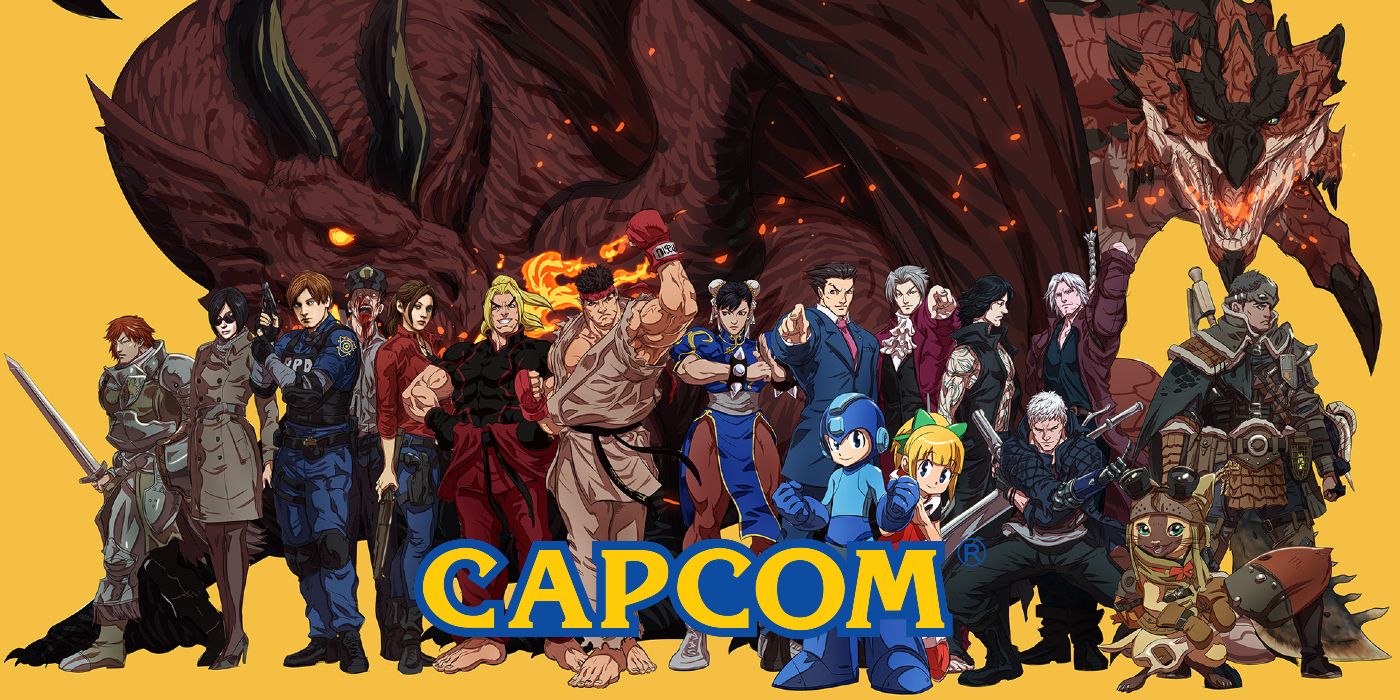Capcom updated its company policies to include video uploading and live stream rules and regulations, working to help insulate both the corporation and the creators using its footage from any potential content takedowns or illegal activity. Capcom's recent update is likely being spurred on at least in part due to the company recently being the subject of major leaks, with some files allegedly unveiling the company's plans for the next several years.
While the Capcom leaks may have hurt in the short-term, the company's plans for the long-term appear quite strong based on the information that was uncovered. That's consistent with a resurgence in quality in Capcom titles over the last several years, with headliners like Monster Hunter World and Resident Evil remakes firmly establishing the company as one to watch heading into 2021. Plans for Capcom this year include Monster Hunter Rise and Resident Evil 8, and other franchises like Devil May Cry are coming off strong instalments that have increased fan interest in future titles. One silver lining from the Capcom leaks is the fact that fans have also been discussing the company's IPs much more frequently lately, and those who want to play new Capcom games are now more excited about the future thanks to the promising avalanche of new info.
Capcom has now clearly outlined its vision for video content creation using its properties, too, helping to establish more transparency over the company's expectations. In a Capcom USA tweet, the company announced a new Video Policy being put into place and warned content creators to carefully read the document before continuing to use the company's games in either uploaded videos or streaming. While a minority of commenters seem to be taking issue with some of the policy's documentation, there isn't much in the policy that is particularly restrictive or controlling. Video capture of printed or digital materials like art books is prohibited (though unboxings are fine), while game footage should not be posted without content being added from the creator, whether its discussion, logos, or other markers.
The most interesting part of the policy is the fact it reaffirms Capcom's stance on "pre-release content" - which includes leaks and spoilers - stating that publishing any content involving leaked games prior to its release date will be removed. This will not include content that has been pre-authorized by Capcom, such as pre-release footage given to content creators or media outlets, but will instead apply to anything that Capcom hasn't already given the green light to. It's not a particularly shocking addition, but it is a reminder that, following the massive leaks that ended the company's 2020 on something of a sour note, any future leaks that include video footage won't be permitted.
All in all, Capcom's video policy update seems fair at a glance, with nothing restrictive enough for content creators to bristle over. It's mostly standard fare, with a bit more attention paid to leaks to presumably insulate the company from receiving backlash should it aggressively pursue taking down any future footage. Transparency about these sorts of expectations is also welcome, so while it seems like a small announcement, it's a big one for the future of Capcom-centric content creation.
Source: Capcom

